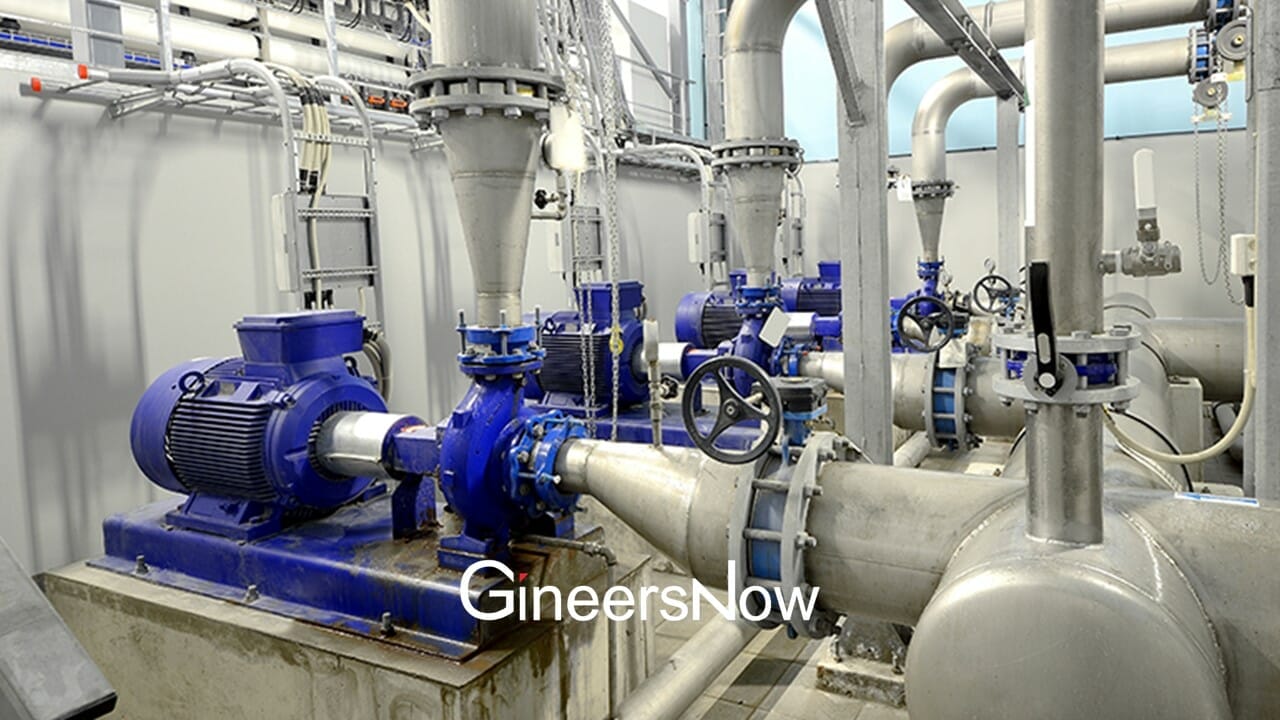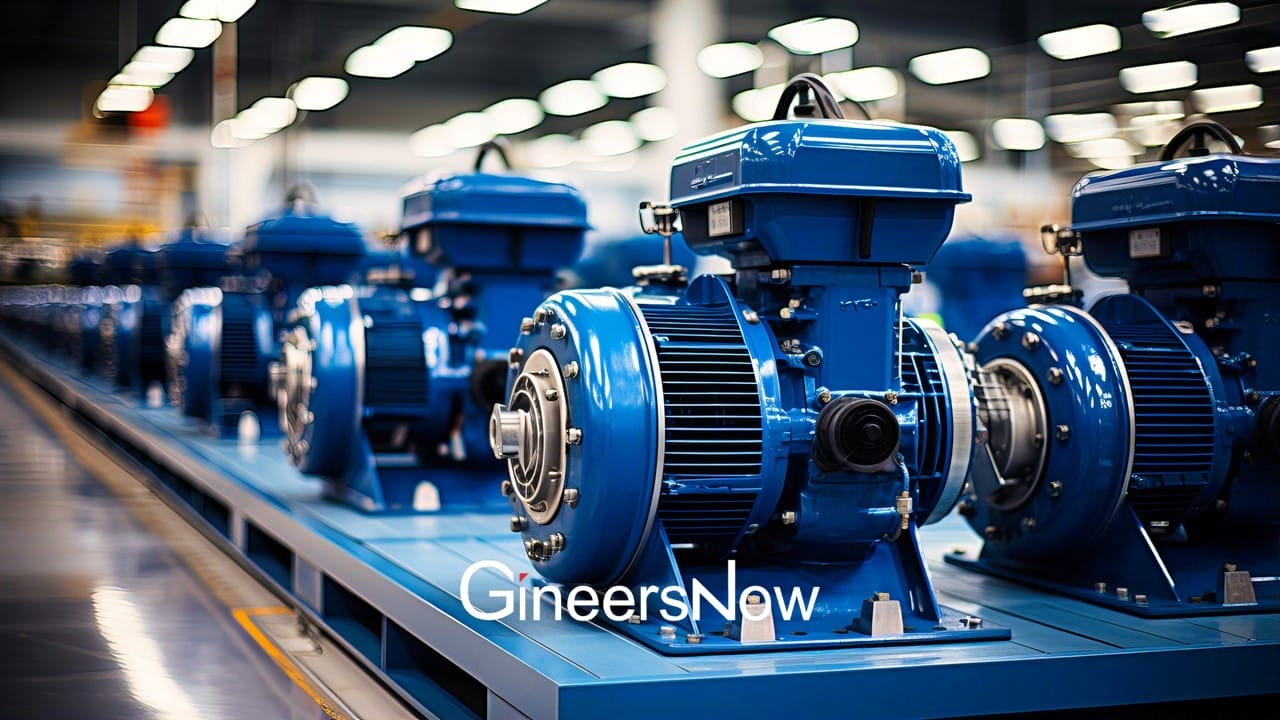If you’re running a business that requires moving materials from point A to point B, then you probably need an industrial pump. This heavy-duty pump is utilized to manipulate the movement of certain materials, such as chemicals, water, oil, food, or even wastewater. Given the various materials that an industrial pump can be used for, it’s invaluable in many industries. For example, it’s an essential tool to companies that handle hazardous chemicals, including laboratories and manufacturing sites.
Moreover, an industrial pump comes in various types. Some of these types include centrifugal pumps, diaphragm pumps, screw pumps, gear pumps, progressive cavity pumps, and piston pumps.
Planning to purchase an industrial pump? Then read on!You have probably heard the saying “Less is more.” Right? Well, to be frank, that is not always true. When selecting a pump, having more information is often better. Several variables will play a crucial role in how a pump will operate and how long it will last. If you are not sure about how to choose the right pump or the information you need to have before purchasing one, then you will be glad to know that you are not alone. In this article, we together with Grabe, have put together a list of seven things you should consider when choosing a pump to have an easier time making a decision.

1. Process Liquid PropertiesThe first thing you need to consider is the type of liquid the pump is intended for.
For example, if you’re dealing with gases and liquids, a diaphragm pump from reliable providers like KNF can be an excellent option. But aside from the type of liquid the industrial pump is used for, it’s important to know the process liquid properties to ensure proper and safe movement of materials from one place to another.
Here is a list of process liquid properties that should be considered before choosing a pump.
- Temperature
- Liquid viscosity
- Vapour pressure
- Specific gravity
- Shear sensitive
- Presence of Solids
- Concentration
- Abrasive or non-abrasive
2. Construction Material
Another thing to consider is the materials used to construct the pump. Are they compatible with any of the liquids the pump will come into contact – and that includes process liquids? Chemical compatibility charts will help you identify materials that are most appropriate in a pump’s construction.
3. Is It Critical To Plant Operations?
In crucial applications, where downtime isn’t an option, costlier heavy-duty pumps with application-intensive features should be chosen. If the application requires that the pump be occasionally removed for maintenance, then a less expensive option would be best.

4. Pump Inlet Conditions
You do not want your pump starving. A pump NPSH or System Net Positive Suction Head is calculated by knowing the pump’s liquid vapor pressure and inlet pressure. Always ensure that NPSHA exceeds the pump’s Net Positive Suction Head.
5. Pump Environment
Where will the pump be used? If it is outside, then special installation or construction considerations will have to be factored for freezing temperatures. If use is in a hazardous environment that contains explosive dust or vapor, then special motor features are necessary. These are some of the environmental conditions to think about when choosing a pump.

6. Power Source Availability
The most common output when it comes to US power sources is 115 to 230 Volts/1-phase/60 Hertz or 230 to 460 Volts/3-Phase/60 Hertz. Specialized motors can be specified for operations outside the United States or for use with DC batteries. Pressurized hydraulic oil or compressed air can also be used to power a pump.
7. Pressure and Flow Rate
The total volume and having a good idea of how much time is needed to move fluids will determine your pump flow rate. You can calculate a pump’s differential pressure by considering the pump’s system equipment (valves, filters, etc.) friction losses, pipe size (fittings and length), and static lifts.By considering the above factors, you are arming yourself with the knowledge you need to choose a pump that suits your needs and requirements. With this information, you can rest assured, irrespective of the application, that the pump you get will be the right one.










